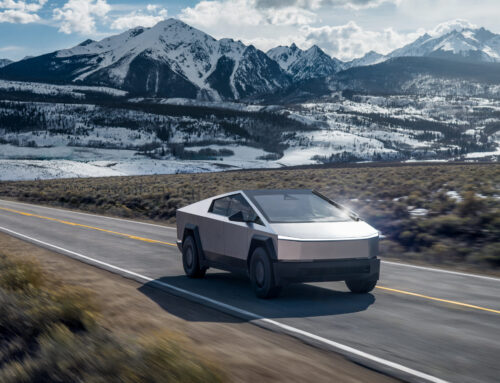Investing in past
October 12, 2025
The Trump Administration is considering propping up the failing U.S. coal industry by reducing the royalty payments that coal mining companies pay to the U.S. Treasury to mine coal that we the public own and providing $625 million to private companies to upgrade coal-powered plants that generate electricity.
Sounds like a subsidy for the coal industry to me, and a pretty big one at that. Coal certainly played a huge role in the growth of our economy over the past 150 years, but its role is fading fast. Coal now costs more than solar and wind to generate power. The Trump Administration should be looking to the future, not the past.
Candidate Trump railed against the tax incentives for wind- and solar-generated power enacted by Congress in the bipartisan Infrastructure Investment and Jobs Act of 2021, saying that they shouldn’t be favored by the federal government over other energy sources. But President Trump’s big bill didn’t just end the bipartisan incentives for solar and wind. It also favored the oil and gas industry big time by reducing the royalties that they have to pay the U. S. Treasury for drilling on public land, among other benefits.
Candidate Trump promised voters huge reductions in their energy bills based on a strategy of “Drill, baby, drill,” now complemented by “Mine, baby, mine.” Unfortunately, Trump’s strategy is inherently flawed.
Oil companies will only increase drilling if they can make money and they can’t make money at the $2 a gallon gasoline price that Trump promised voters. (You’ve probably noticed that the price of gasoline has actually increased since Trump took office, not decreased. Rocky Mountain Power’s rates are also up slightly, not down.)
If our economy continues to grow — as we all hope it does — the only thing that is going to drive down the price of energy for driving our cars and lighting and heating our homes is increased competition from the newer energy sources — solar and wind power.
Increased competition from electric vehicles will do more to drive down the price of gasoline than anything the Trump Administration is doing.
And increased competition from wind and solar power does not spell doom for workers in the oil and gas industry. In Texas, more workers are employed in renewable energy today than in oil and gas.
Trump’s enthusiasm for coal is yet another unforced error in his effort to counter the growing economic power of China. China is betting on the long-term prospects of solar, while Trump is betting on coal. Who do you think is going to win that one? (And speaking of unforced errors, how about the Trump Administration’s $20 billion bailout for Argentina, which then reduced export restrictions on its own soybean farmers so they could sell more to China, leaving American soybean farmers even further out in the cold. Doesn’t seem like putting America first to me .)
Not only is Trump ceding control of the strategically important solar market to China, but he’s also starting down the road of surrendering the United States’ role as the dominant world power in medical research.
He’s apparently now considering giving priority in awarding government research grants to those supporting his political agenda. In the bitter international competition of today’s world, awarding grants based on political preferences is a fast track to also-ran status.
A traditional Republican would say let competition and the free market decide who wins, not government subsidies. If Trump’s own philosophy is going to resort to government subsidies, he should at least look to the future, not the past.
Ed Rutan
Pinebrook
Search
RECENT PRESS RELEASES
Related Post




